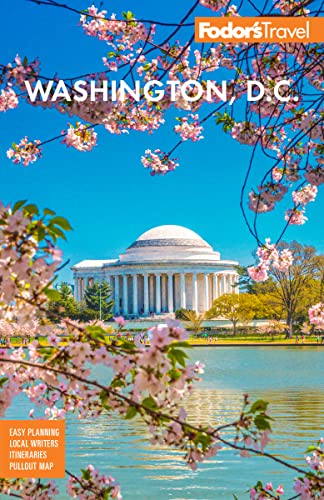Virginia's Winemaking Roots
There are more than 250 wineries in Virginia, and more than 3,000 acres of vineyards. It’s the country’s fifth largest producer of grapes, and wine tourism is a major draw across the state’s seven winemaking regions.
Early Days of Winemaking
In 1609 English settlers in Jamestown, Virginia, produced the first wine—however humble—in America. A few years later the Virginia Company, eager to establish wine making in the Colonies, brought over French winegrowers along with slips and seeds of European vine stocks. But the Virginia climate and conditions were not the same as Europe, and the wine industry struggled to take off.
By 1800, Thomas Jefferson and other Virginians had developing hybrids of American and European varieties, resulting in grapes that combined American hardiness with European finesse and complexity. The wine-making industry started to boom, until the Civil War, when fierce battles destroyed many vineyards. Prohibition later put a damper on local winemaking, and as recently as 1950 only 15 acres of grapes were being grown. In the 1960s the Virginia grape industry began a revival that continues to grow.
Grapes of Virginia
Today Virginia's wines are winning national and international acclaim. The state sells more than 357,000 cases of wine yearly from more than 3,000 acres of wine grapes. The most common grapes include Chardonnay, Merlot, Viognier, Cabernet Franc, and Vidal blanc. Other varietals to try are wines made from Norton grapes—the oldest varietal from North America—which create rich, fruity reds, and Petit Verdot, which is often blended into Bordeaux-style reds.
Wine Regions
Virginia's wineries are spread around the state in seven American Viticultural Areas. The wine industry begun by Jefferson is in the Monticello region in central Virginia. Other areas are Middleburg, the Shenandoah, Northern Neck George Washington Birthplace, North Fork of Roanoke, Rocky Knob, and Virginia's Eastern Shore. Each area has been designated for its unique wine-growing conditions.
Visiting the Wineries
Virginia Wine Board. The "Virginia Winery Guide" lists each of the state's wineries (many offer tours and tastings). It's free and can be picked up at visitor information centers throughout the state or by on the Virginia Wine Board's website. From there you can also find descriptions of more than 500 wine events and festivals that take place each year. Middleburg, Virginia. 800/828–4637; 804/344–8200; www.virginiawine.org.




